President Donald Trump signed an executive order Thursday granting a full presidential pardon to Changpeng Zhao, the founder of cryptocurrency exchange Binance, marking a dramatic reversal of one of the most significant white-collar prosecutions of the Biden administration.
The pardon, announced by White House Press Secretary Caroline Levitt, effectively erases Zhao’s criminal conviction for violating U.S. banking regulations and removes all restrictions on his ability to manage Binance operations—a move that could reshape the global cryptocurrency landscape.
A Swift Reversal of Fortune
“President Trump has exercised his constitutional authority to pardon Changpeng Zhao, who was prosecuted during the Biden administration’s misguided cryptocurrency crackdown,” Levitt said in a statement Thursday. “The Biden administration’s war on crypto is over.”
The announcement comes less than a year after Zhao, commonly known as “CZ” in the crypto community, completed a four-month federal prison sentence—making him the only person in U.S. history to be incarcerated solely for violations of the Bank Secrecy Act.
Zhao’s conviction stemmed from a sweeping November 2023 plea agreement in which he admitted to failing to establish adequate anti-money laundering controls at Binance, the world’s largest cryptocurrency exchange by trading volume. The deal included:
- Zhao’s resignation as CEO and a personal fine of $50 million
- A record-breaking $4.3 billion corporate settlement—one of the largest in U.S. history
- A lifetime ban on managing Binance operations
- Three years of independent compliance monitoring for the exchange
From Prison to Presidential Pardon
The path to Thursday’s pardon began even before Zhao reported to federal prison. According to sources familiar with the negotiations, representatives of the Trump Organization had been in discussions about potentially acquiring a stake in Binance.US, the exchange’s American affiliate, as early as 2024.
The Wall Street Journal reported in March that Steve Witkoff, Trump’s Middle East peace envoy and close confidant, participated in these negotiations. While Zhao denied discussing any Binance.US deals at the time, he acknowledged on social media that “no felon would mind being pardoned, especially as the only person in U.S. history to go to prison for a single Bank Secrecy Act charge.”
In May, Zhao confirmed during a podcast appearance that he had formally submitted a pardon application to the Trump administration, setting the stage for Thursday’s announcement.
Political Reactions Split Along Party Lines
The pardon has ignited fierce debate in Washington, with reactions largely falling along partisan lines.
“I don’t know him, believe I’ve never met him,” Trump told reporters Thursday afternoon when questioned about the decision. “But people told me he had tremendous support, and they said what he did wasn’t even really a crime… So at the request of a lot of very good people, I pardoned him.”
When pressed by CNN correspondent Kaitlan Collins about the pardon, Trump initially dismissed her questions as “fake news” before elaborating on his rationale. “The reason for pardoning Binance founder CZ is because he is innocent and was a victim of persecution by the Biden administration,” the president stated.
Democratic Senator Elizabeth Warren, a longtime crypto critic and senior member of the Senate Banking Committee, condemned the pardon as an example of corruption.
“First, Changpeng Zhao pleaded guilty to criminal money laundering charges,” Warren said in a statement. “Then he promoted a Donald Trump cryptocurrency investment and lobbied for a pardon. Today, Donald Trump delivered on his end of the bargain. If Congress doesn’t stop this type of corruption in upcoming market structure legislation, then Congress will be complicit.”
Industry Implications and Market Response
The pardon represents more than just personal vindication for Zhao—it signals a fundamental shift in U.S. cryptocurrency policy under the Trump administration. With the lifetime management ban now lifted, Zhao is free to resume operational control of Binance, which processes billions of dollars in daily trading volume across more than 100 countries.
“Thank you so much for the pardon today, and thank you President Trump for standing by America’s commitment to fairness, innovation, and justice,” Zhao posted on social media platform X shortly after the announcement. “We will do everything in our power to help the United States become the crypto capital and advance Web3 globally. Moving forward.”
Yi He, Binance co-founder and Zhao’s partner, celebrated the news: “CZ’s pardon today is truly exciting news. Thank you to Trump for his leadership and commitment to making America the world’s crypto capital. CZ’s vision has not only made Binance the world’s largest cryptocurrency exchange but will drive the broader cryptocurrency movement forward.”
A Controversial Legacy
The original prosecution of Zhao represented one of the most aggressive enforcement actions in cryptocurrency history. Former Attorney General Merrick Garland had stated at the time of the plea agreement: “Binance became the world’s largest cryptocurrency exchange in part because of the crimes it committed—now it’s paying one of the largest corporate penalties in U.S. history.”
Former Treasury Secretary Janet Yellen had similarly condemned Binance’s practices, saying the company “turned a blind eye to its legal obligations in the pursuit of profit” and that its “willful failures allowed money to flow to terrorists, cybercriminals, and child abusers through its platform.”
Press Secretary Levitt pushed back against these characterizations Thursday, noting that prosecutors had sought a three-year prison sentence for Zhao. “The Biden administration tried to sentence Mr. Zhao to three years in prison, a term far exceeding sentencing guidelines, with even the judge saying in his 30-year career he had never heard of such a sentence,” she said.
What’s Next for Crypto Regulation
The pardon marks the latest in a series of Trump administration moves aimed at positioning the United States as a global leader in cryptocurrency innovation. Industry observers note that the decision could encourage other crypto executives facing regulatory scrutiny to seek similar relief.
Prediction markets had already been betting on Zhao’s pardon, with one notable trader on Polymarket—who previously made $190 million shorting positions before Trump tweets—placing significant bets that the pardon would occur. The timing of these trades has raised questions about potential insider trading, though no formal investigation has been announced.
As the dust settles on this dramatic reversal, one thing is clear: the regulatory landscape for cryptocurrency in America has fundamentally changed. Whether this represents a victory for innovation or a dangerous precedent for financial oversight will likely be debated for years to come.









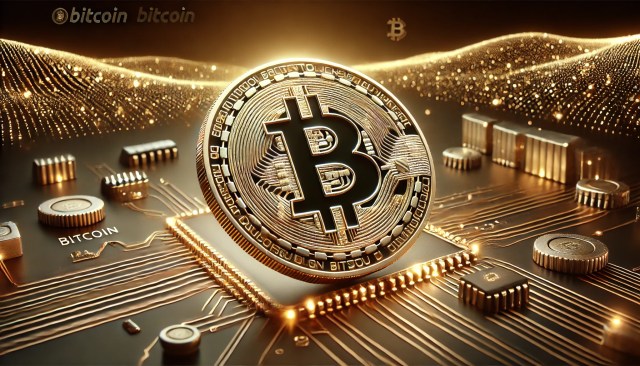

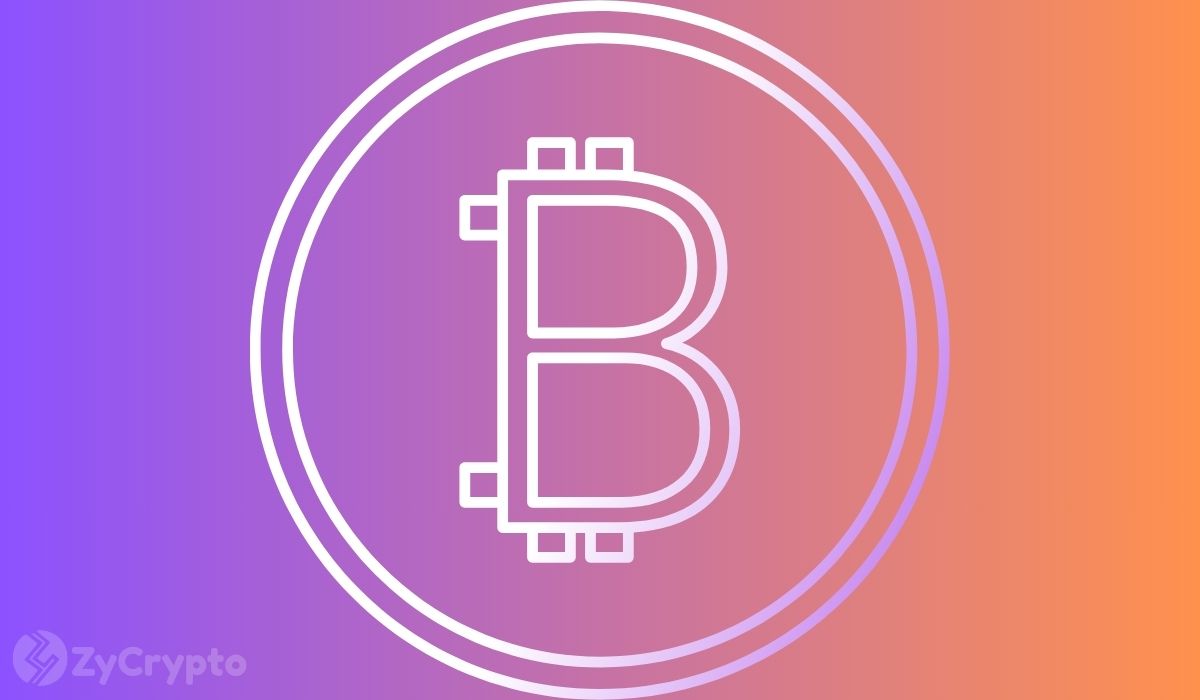
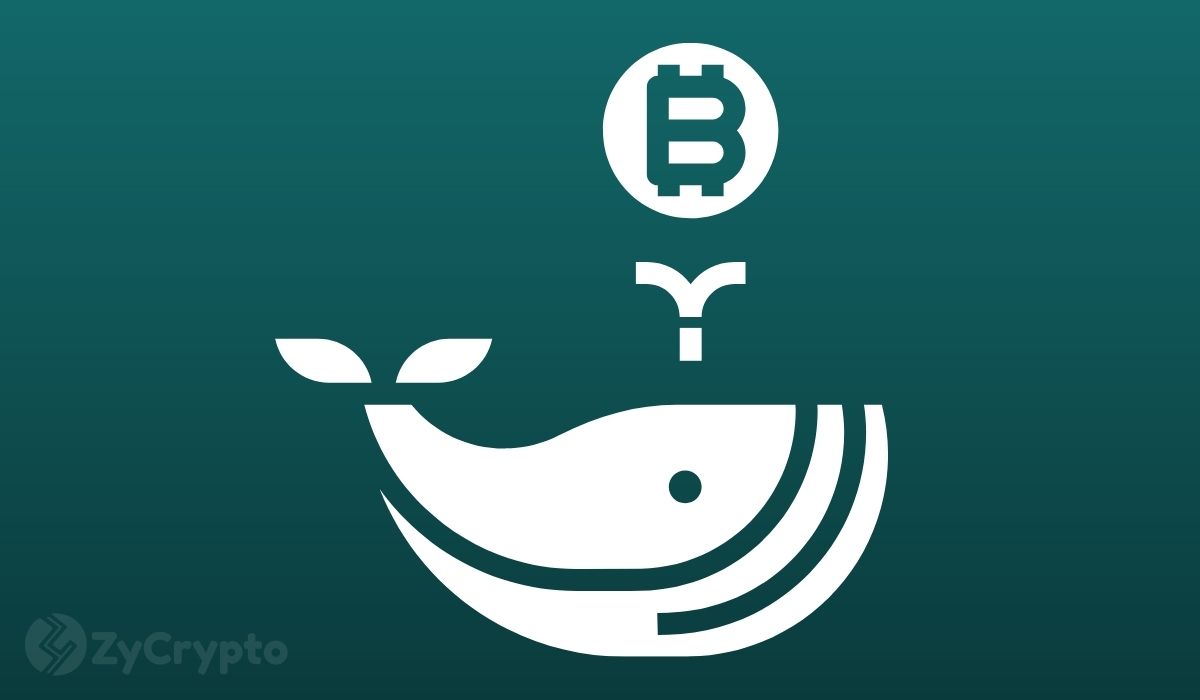
 24h Most Popular
24h Most Popular


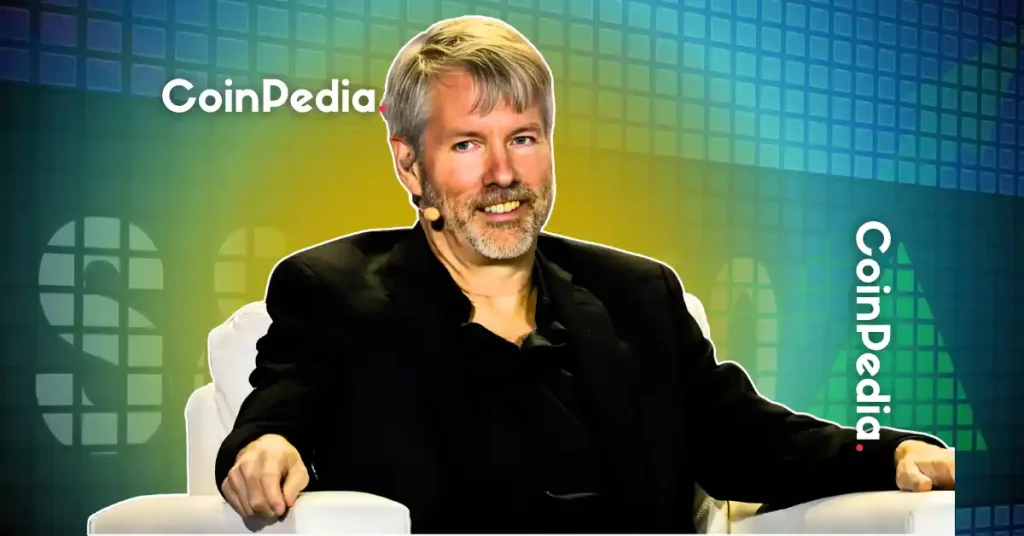
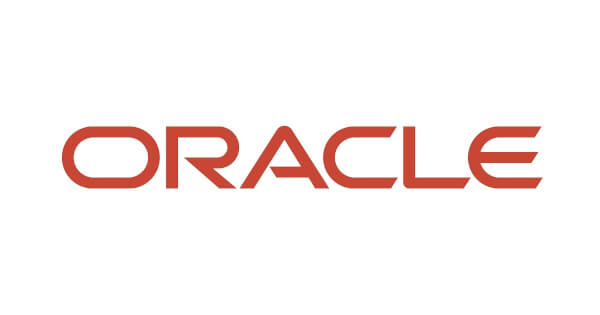

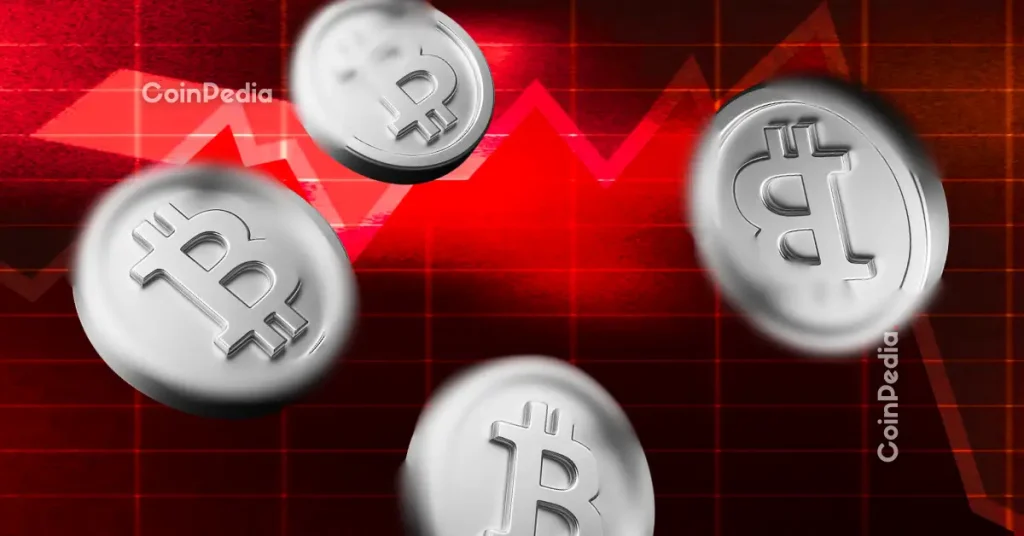

 Utilities
Utilities